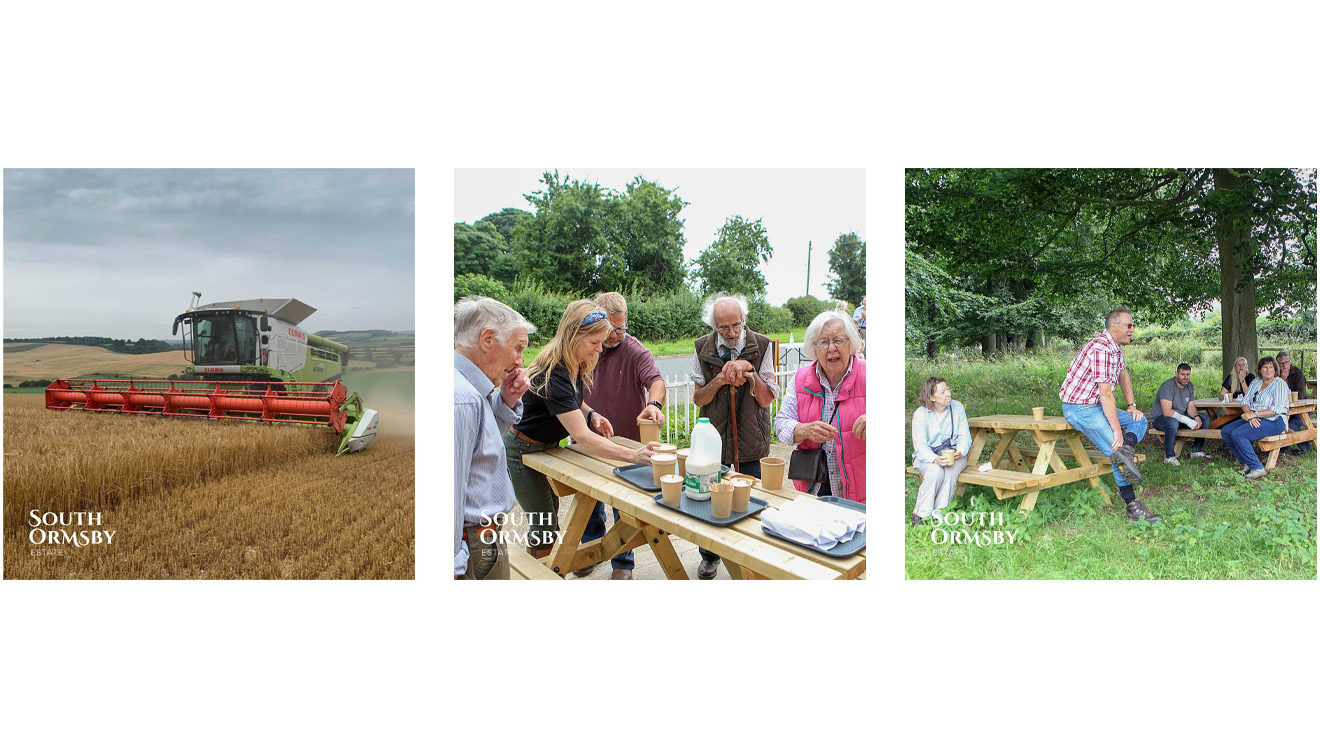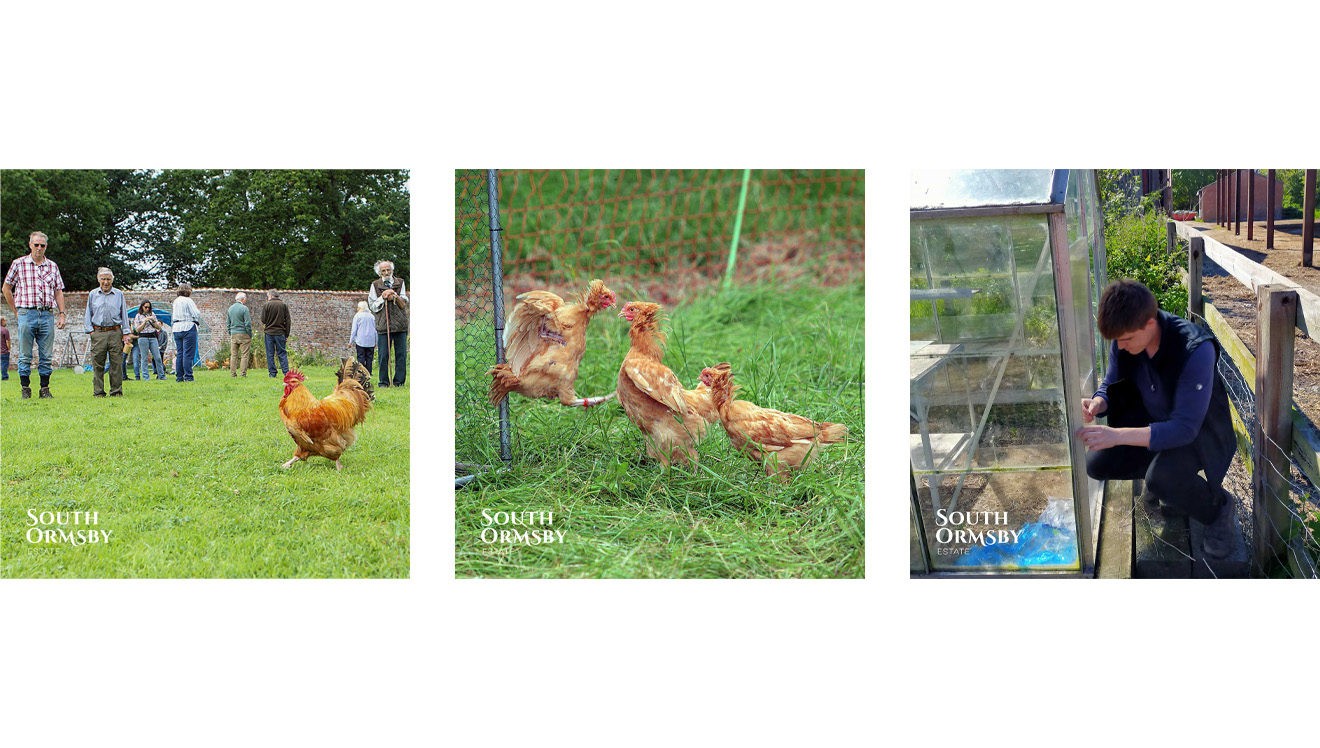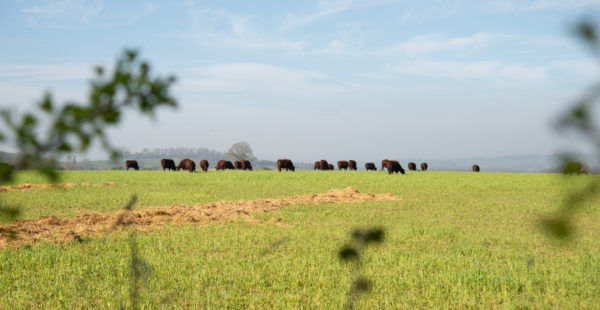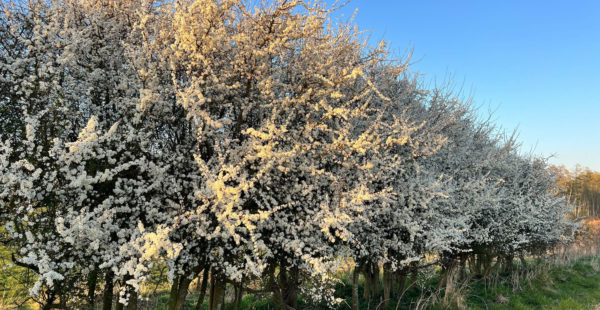A Week on the Estate: Welcome Rain, Combined Barley & Rare Breeds
Last week’s intense heat and humidity have ebbed away leaving us with cooler temperatures, a useful scattering of rain showers and the odd bit of thunder and lightning.
Out on the land, we made good progress combining the winter barley at Driby this week. We worked through till 1030pm on Monday and had a reasonable day on Tuesday until rain stopped play at 5pm. Given the weather, the humidity of this crop is well within tolerances at 14.7%.
We were delighted to receive a visit from the Rare Breeds Survival Trust last weekend. We treated them to some Lincolnshire Wolds hospitality in the form of tea, coffee and hot beef rolls at The Old School Tea & Coffee Shop, then showed off some of the rare and native breeds thriving under our care.
We wholeheartedly support the RBST’s work in preserving and speaking up for our native breeds. Grazing animals on land to which they’ve adapted over centuries is better for them, better for the environment and better for consumers. As well as being good news for biodiversity and genetic resilience, native breeds connect us to our ancient rural heritage.







